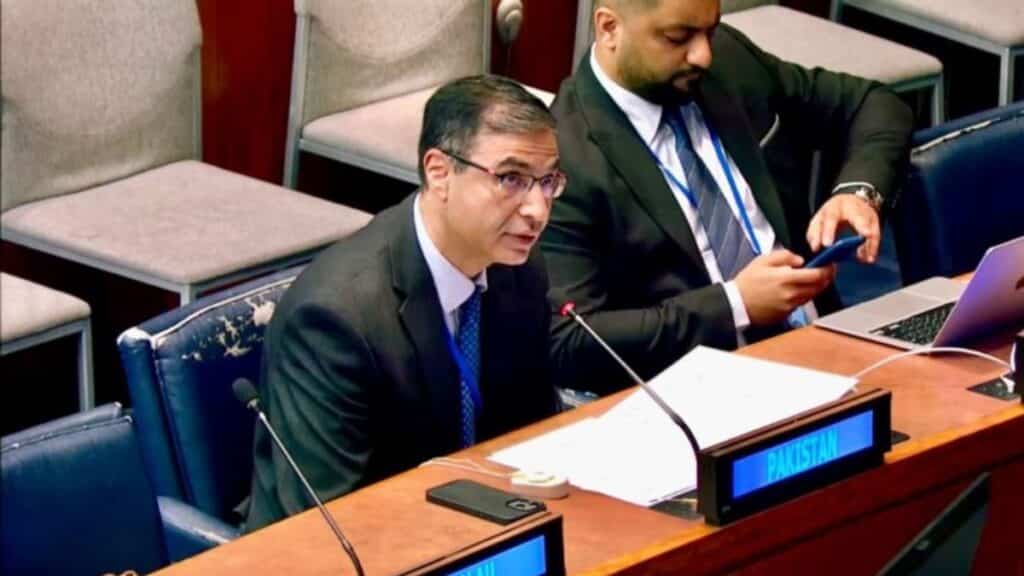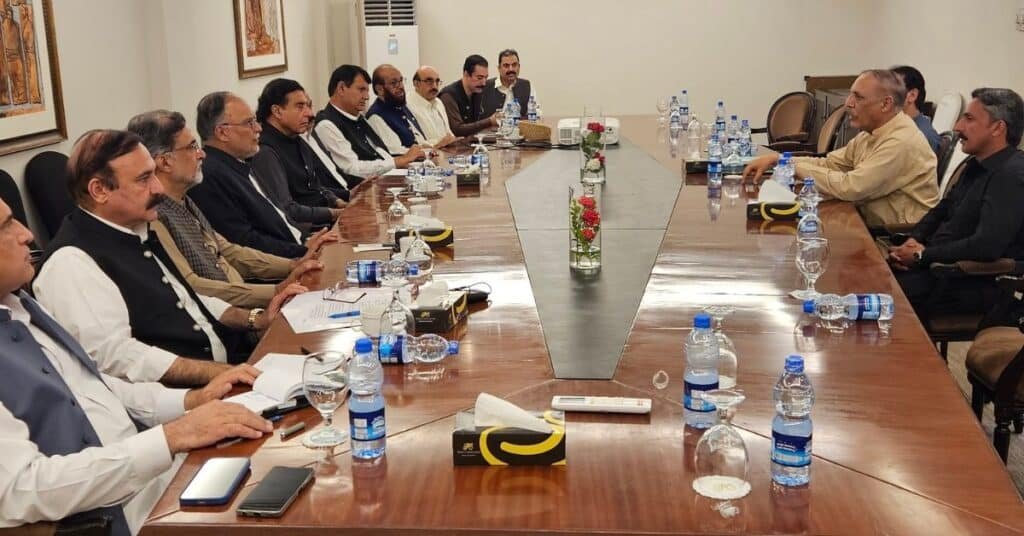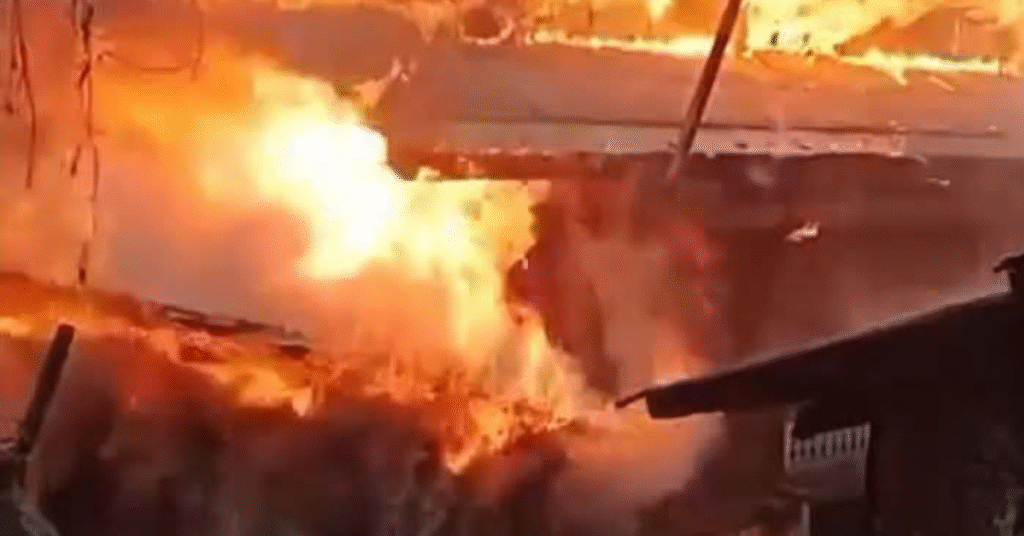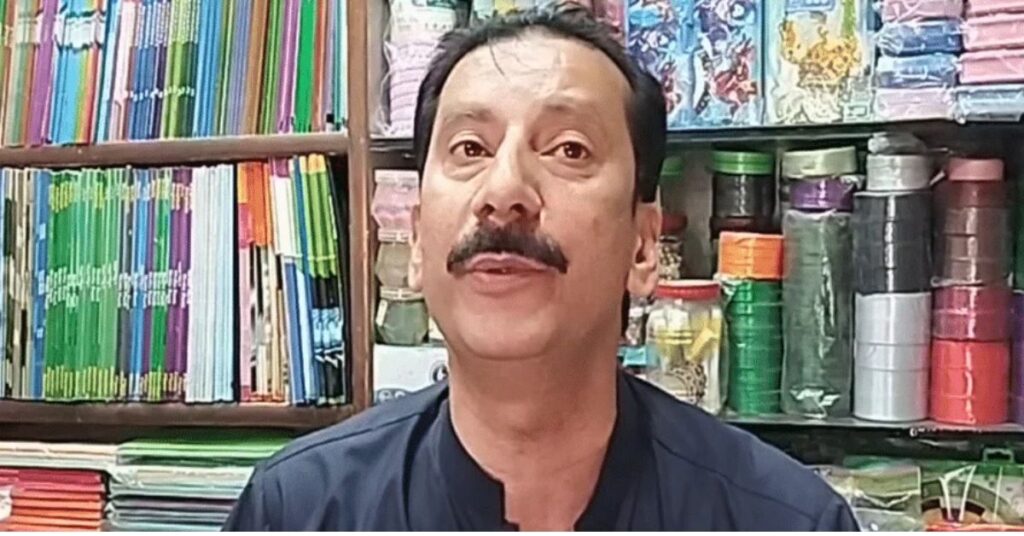NEW YORK (Kashmir English): Pakistan has responded sharply to India’s position on Jammu and Kashmir, criticizing New Delhi for having offered a “recycled script of distortions” in the United Nations.
In a statement at the 4th Committee session on decolonization affairs, Pakistan Permanent Mission diplomat Asif Khan said, “Every year, India returns to this venerable forum with a recycled play of misrepresentations. Today is no exception,” Khan asserted, as he used Pakistan’s Right of Reply to respond to India’s previous comments.
His speech highlighted Pakistan’s longstanding position that Jammu and Kashmir is not a domestic issue of India, but an internationally recognized dispute under international law awaiting resolution.
Khan reminded the committee that the “United Nations has a responsibility” to resolve the Kashmir dispute. “Jammu and Kashmir is not, and never has been, an integral part of India,” he insisted. “It is an internationally recognized disputed territory whose final status is to be decided by a free and impartial plebiscite under the auspices of the United Nations, as stipulated in several Security Council resolutions.”
Referring to international law, Khan quoted the 1960 UN Declaration on decolonization and the UN Charter itself as having stated that “all peoples under alien subjugation have the right to self-determination.” He also mentioned that the right is codified in key human rights covenants.
Touching on what he called India’s “settler-colonial project,” the Pakistani diplomat condemned New Delhi’s actions since August 2019, which he claimed violate the Fourth Geneva Convention. “India maintains one of the densest military occupations in the world, deploying nearly 900,000 troops against an unarmed civilian population,” he said.
He also disputed India’s presentation of Kashmiri resistance as terrorism. “India actually needs to reflect to identify true reasons for the mass resistance in the occupied territory,” Khan said, referencing extrajudicial killings, enforced disappearances, mass incarcerations, and demographic engineering as continuous complaints.
The Pakistani delegate went a step further, blaming India for supporting terrorism in the region. “While it poses as a victim, the reality is India is the main sponsor of state terrorism in the region with a questionable record of extra-territorial killings,” he accused. He particularly singled out TTP, BLA, and the Majeed Brigade as Indian-funded surrogates carrying out attacks in Pakistan.
In a wider criticism of Indian domestic policy, Khan questioned the democratic credentials of India. “India’s boast of being the world’s largest democracy is a sham. In fact, it has turned into the world’s largest dispenser of disinformation and intolerance,” he said, blaming the ruling RSS-BJP coalition for institutionalizing Islamophobia and minorities’ persecution.
Regarding the issue of regional security, the minister accused India of unprovoked aggression earlier this year against Pakistani civilians. He explained that Pakistan acted within its right to self-defense under Article 51 of the UN Charter in responding to India. “India incurred heavy losses, including several aircraft shot down,” he added, attributing Pakistan’s controlled response for averting further escalation.
Khan ended on firm terms: “Jammu and Kashmir is still a disputed territory. The Kashmiris have waited for more than seven decades to exercise their UN-sanctioned right of self-determination.”
He reaffirmed Pakistan’s ongoing support to the Kashmiri nation, committing to “unmask India’s hypocrisy, resist its state terrorism, and stand by the Kashmiri people’s just and lawful struggle for justice, dignity, and freedom.




